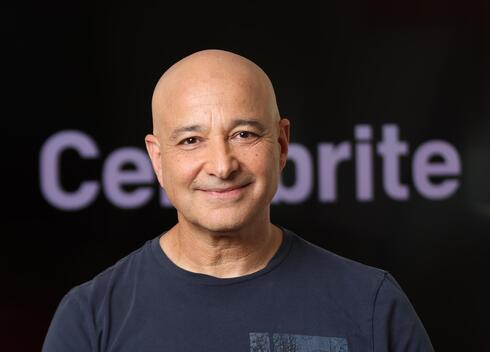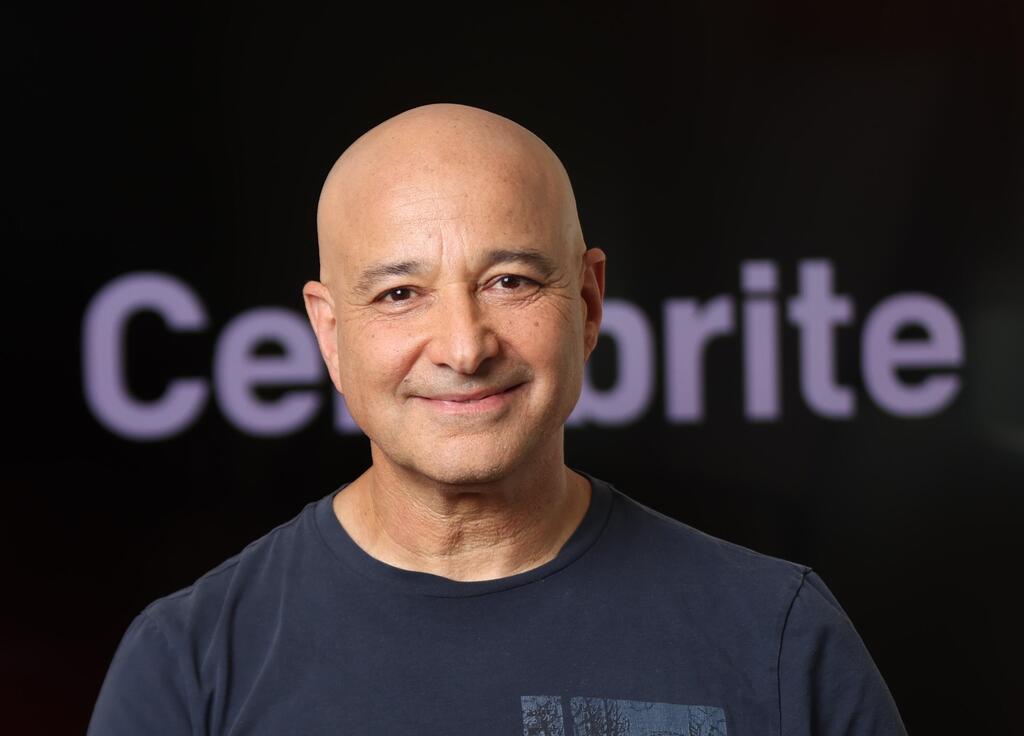
After helping FBI hack phone of Trump’s shooter, Cellebrite is acquiring CyTech
The Israeli company, whose software helped the FBI crack the phone of the shooter who tried to assassinate Donald Trump last weekend, is acquiring CyTech, an American company holding a license to work on projects with maximum security classification in the USA. Cellebrite is establishing a subsidiary based on this acquisition that will focus on this market.
In a world where timing is everything, Cellebrite is announcing the deepening of its presence within federal government agencies in the USA just one day after it was revealed that the software of the Israeli company was used by FBI agents to crack the phone of the shooter who tried to assassinate Donald Trump.
Cellebrite's technology enables fast hacking of password-locked phones. Officials investigating the assassination attempt said they accessed Thomas Matthew Crooks' phone and hacked it in just 40 minutes. The Washington Post notes that the assassin used a modern smartphone, which is more difficult to hack than older devices. Hacking a device can often take months or weeks.
Now, Cellebrite is acquiring the American company CyTech, which holds a license to work on projects with maximum security classification in the USA, and is establishing a subsidiary based on it that will focus on this market. The new subsidiary, which will be called Cellebrite Federal Solutions, will be an American company with a separate board of directors, allowing Cellebrite to carry out highly classified projects in the USA. Until now, Cellebrite’s access to these projects had been blocked, as it is a foreign-owned company. The purchase, which is not significant in financial terms, should allow Cellebrite to enter the market quickly because CyTech is an established company that was founded in 2002 and already works with Cellebrite’s products. Ten employees are currently employed in the acquired company, and Cellebrite plans to transfer a few dozen of its 1,200 employees to it as well.
The new company will be headed by Erik Sachwitz, who has led Cellebrite's U.S. federal business since 2020. In addition, Cellebrite is adding well-known names in the world of federal security in the USA to the board of the new company to accelerate the deepening of its activities there. The four new independent directors are Major General (ret.) Ken Tovo, former Commander of the Green Berets and U.S. Special Forces, Dr. Barry West, former CIO and CISO of the U.S. Department of Commerce and Department of Homeland Security, Barbara Grewe, Sr. Director of the FBI 9/11 Review Commission, and Mark Ferrer, former COO of the computer giant SAP.
Today, Cellebrite's activity is divided into two main sectors: local government, such as the police, and federal agencies. In 2023, federal customers in the U.S. accounted for approximately 19% of Cellebrite's annual revenues in the public sector, an annual increase of 21%. Cellebrite estimates that the establishment of the division with the American license will increase revenue in this area by an additional 50% in the next three years.
According to Yossi Carmil, CEO of Cellebrite, the decision on this move was made back in 2023, and the geopolitical situation in the world only reinforces the necessity of this activity. "If there is an area where both the U.S. and Europe embrace Israeli products, it is Cellebrite, and the security situation in the entire world only encourages their use," he said in a conversation with Calcalist. "I go around with many clients, meet with the global police community that is fighting terrorism, and everyone knows how much we are needed and who to turn to in times of crisis. In our field, this is exactly the opposite of a boycott of Israeli products; we feel a warm embrace."
Cellebrite is a veteran company founded in 1999, but only in 2007 did it begin to focus on the forensics and digital intelligence market, receiving a significant boost with the development of the smartphone market. It was issued during the spike wave in 2021, but today it is already trading at a value of $2.4 billion, similar to the value at which it was issued. Cellebrite has a very strong brand that even gets mentions in TV series and movies and has about 7,000 customers. It employs 1,200 people worldwide, hundreds of them in its offices in Petah Tikva. Since the beginning of the war in Israel, Cellebrite has also been involved in many investigations, in some cases even without collecting payment (pro bono). It finished 2023 with revenues of $325 million, a growth of 20% compared to 2022, and recorded a profit of $60.9 million. It is expected to end this year with a slightly slower growth rate of 14-18%, which will bring the company to revenues of $370-380 million and an adjusted EBITDA profit of $70-80 million, compared to $61 million in 2023.














